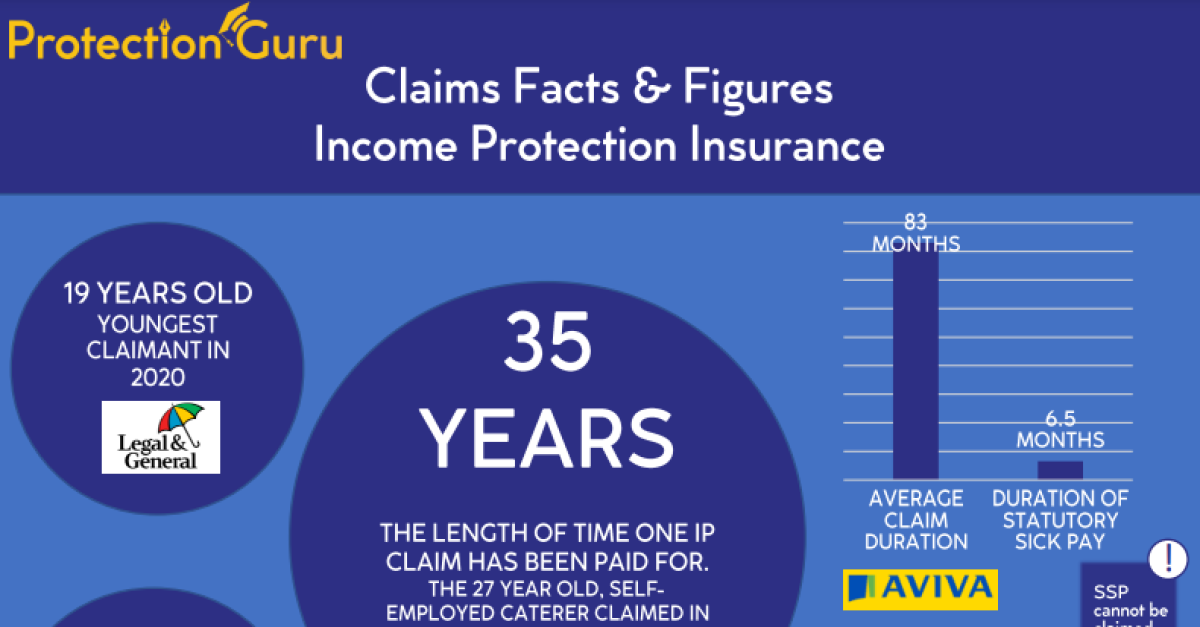
Why added value benefits are so important

Last week the NHS was in the headlines once again, this time with a record number of people on the NHS England waiting list for treatment having hit near a record 7.6 million for the first time in June 2023. This is up from 7.21 million as of the end of January 2023.
Among the 7,574,649 people awaiting treatment,
- 383,083 had been waiting more than a year,
- 97,275 were waiting more than 15 months,
- 7,177 people were waiting more than 18 months; and
- 314 had been waiting for more than two years.
Whilst many of those waiting for treatment will be for major surgeries and medical conditions, many protection plans offer services that could help reduce this backlog for less severe conditions.
A lot of protection plans now offer what was traditionally, private health care type services such as virtual GP services, physiotherapy and mental health support.
We have seen an increase in the use of virtual GP services which is fantastic and proves advisers are talking more about them. With waiting lists as long as they are, could advisers be talking more about the other services offered such a physiotherapy and mental health support.
Lots of clients are using the added value benefits of their protection policies but are insurers seeing any evidence of their clients living healthier lives or being diagnosed at an earlier stage? These type of services not only add value to their clients and family, but they could also help prevent conditions, provide earlier diagnosis and be less likely to claim on these policies. The Vitality proposition is very much aimed at improving the health of their clients, with those who are interacting more with the programme its proven they are less likely to claim. It may be a little early for some insurers but we would love to see more research into the likelihood of a person claiming on their plan if they use such services?
Health and Protection reported the increase usage of virtual GPs and suggested that some insures may start to reduce access or charge for them. Personally I would hate to see this happen as these services really do add value to a protection contract not just for the client but also their immediate family with most providers extending these services beyond the client themselves. With clients being able to actively use and interact with their policy it provides everyday value rather than at the time of claim which can help bring a protection policy to life, instead of being ‘just a direct debit’. Many advisers also tell us that they help increase persistency on policies for this very reason.
The value added benefits provided by protection plans have become a core part of polices and key selling point of polices, we’d hate to see access to these removed or reduced in anyway. If promoted more we believe that the services would help reduce claims, increase persistency and help end consumers value their protection policies more.






















